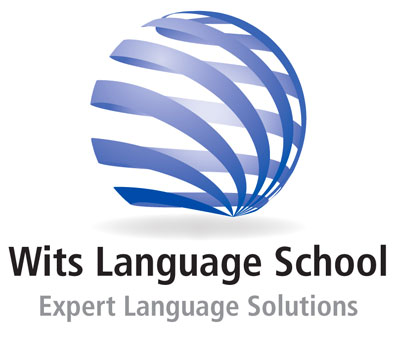English Foundations
Improve your literacy skills
English Foundations improves your understanding of conversations and basic texts, and helps you express yourself simply and clearly when speaking and writing. The course aims to develop participants' grammatical accuracy, listening and reading comprehension and writing ability.
PLEASE NOTE: Courses will be delivered via contact learning in 2024, unless COVID-19 restrictions necessitate a change to ONLINE delivery, or if specified.

